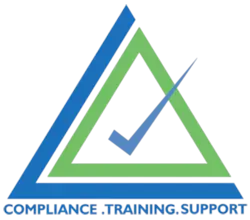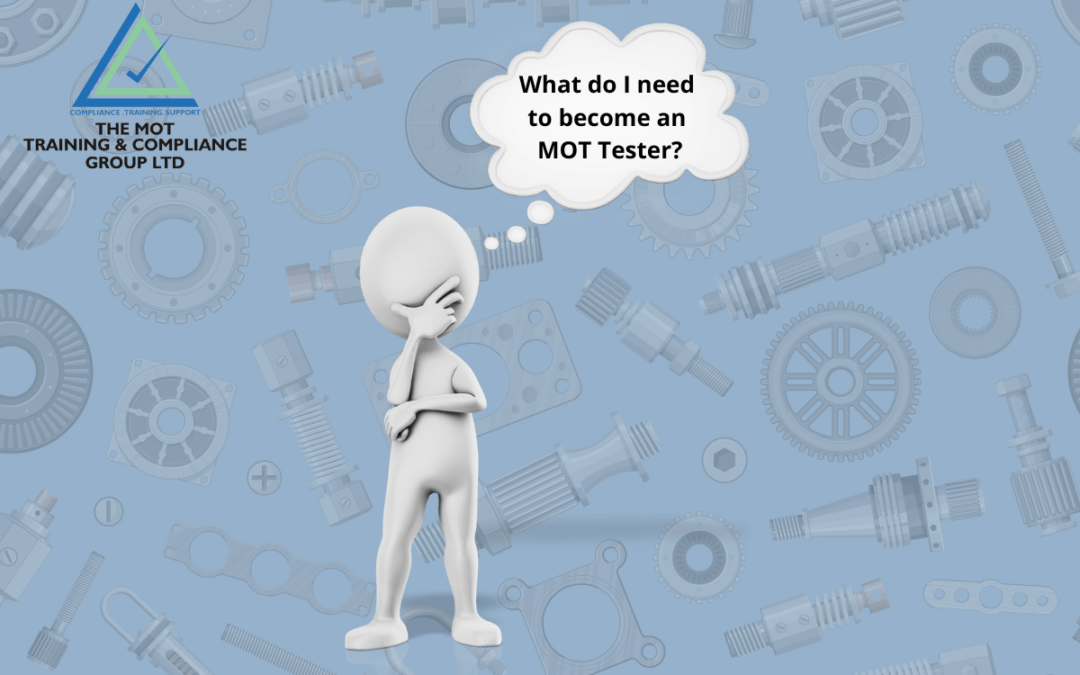When it comes to joining the MOT testing world you might be wondering: “Can I be an MOT Tester without being a mechanic?”
It’s a fair question and one that’s worth exploring. After all, not everyone with a passion for cars has years of being a mechanic under their belt. So, if you’re considering a career shift into MOT Testing or are part of an MOT Testing Station looking to expand your MOT team, here’s the lowdown.
The Short Answer is: No, You Can’t
To become an MOT Tester, you need to meet specific criteria set by the DVSA (Driver and Vehicle Standards Agency). These requirements ensure that MOT Testers have the necessary skills, knowledge, and integrity to carry out the role effectively. This means that you do need to have worked in a mechanic role before you can become an MOT tester
Here’s what you’ll need to become a fully fledged MOT tester:
i. Four years of full-time workshop experience in the repair and servicing of light vehicles.
ii. A full UK driving licence for the class of vehicles you want to test.
iii. A relevant Level 3 qualification or an equivalent accreditation.
iv. Be deemed “of good repute”, which includes passing a DBS check.
Let’s dig into each of those a bit more:
i. Four Years of Workshop Experience
To become an MOT Tester you’ll need four years of hands-on experience in a workshop in vehicle maintenance and repair. This includes regularly performing tasks such as:
- Suspension repairs
- Engine ignition/emissions servicing
- Brake system maintenance
- Steering adjustments and repairs
- Diagnosing faults across vehicle systems
If this sounds like your day-to-day experience as a mechanic, you’re well on your way.
ii. A Full UK Driving Licence
To MOT test a specific class of vehicles, you must hold the appropriate driving licence. For example:
- If you wish to test motorcycles, you’ll need a full UK motorcycle licence.
- For cars or vans, a full UK licence for those vehicles is required.
iii. A Relevant Level 3 Qualification
To become an MOT Tester, you must hold a relevant Level 3 qualification. However, if you’re a skilled technician without formal qualifications, you may be eligible through the IMI’s Accreditation route (LVI or ATA). This path recognises your practical knowledge and skills, even if you didn’t follow a traditional academic route.
This is particularly beneficial for vehicle technicians who gained experience abroad and hold a qualification that’s not recognised by the DVSA, or went straight into the workforce without attending college and want to become an MOT Tester.
iv. Be “Of Good Repute”
The DVSA requires all MOT Testers to pass a basic DBS (Disclosure and Barring Service) check, as evidence that you are “of good repute”.
What Does the MOT Tester Training Involve?
Once you’ve got your mechanic and motor trade experience in the bag, an IMI Award in MOT Testingcourse will take you through the nitty-gritty of vehicle assessments. Expect a mix of classroom learning and hands-on training, focusing on the specific skills and knowledge needed to assess vehicles for MOT standards in the role of an MOT Tester.
It’s an intensive course, but if you’re passionate about the industry and want to shift gears into MOT Testing, this is the final stepping stone before becoming fully qualified.
What’s the Difference Between a Mechanic and an MOT Tester?
Mechanics are trained to fix and maintain vehicles. They diagnose issues, repair faults, and generally keep cars running smoothly.
MOT Testers, on the other hand, assess vehicles to ensure they meet minimum roadworthiness standards as set by the DVSA – not quite the same thing! Your role as an MOT Tester isn’t to fix what’s wrong but to spot it, measure it, and record it.
What’s Day-to-Day Life like as an MOT Tester?
If you’re used to the mechanic life of wielding tools and fixing cars, life as an MOT Tester might be a bit of a change. Instead of fixing issues, your job is to inspect and report. You’ll be working with a checklist that covers the vehicle’s main components, noting down any issues and certifying vehicles that pass. While as an MOT Tester, you’re in a position of responsibility, you won’t be getting your hands greasy fixing every fault – that’s still up to the mechanics!
And yes, if a customer’s car fails, you’ll likely have to explain what went wrong. So being comfortable chatting about vehicle safety and explaining defects is a big plus.
Are You Ready to Join the MOT World?
The MOT industry needs reliable, skilled testers who can ensure the UK’s vehicles are safe and roadworthy. So, if this sounds like a path for you, start gaining that experience, look into the DVSA requirements, and get ready to make the switch.
Frequently Asked Questions:
Do I need to be a qualified mechanic to become an MOT Tester?
Yes. DVSA requires testers to hold a relevant Level 3 qualification. This can include an Accreditation, otherwise known as an LVI or ATA.
What kind of training do I need to complete to become an MOT Tester?
Training takes place over 4 days and is a mixture of classroom and hands on practical training. There are two assessments at the end of the course, an online multiple-choice assessment and a practical demonstration.
Can I work as both a mechanic and an MOT Tester, or are the roles separate?
Yes, you can absolutely work as both a mechanic and an MOT Tester, but remember, the roles are different. As an MOT Tester, your job is to inspect and certify a vehicle’s roadworthiness – you’ll be responsible for spotting issues, not fixing them. Mechanics, on the other hand, are responsible for diagnosing and repairing any faults a vehicle may have.
If you’re currently a mechanic, adding MOT Testing to your skill set could make you more versatile and valuable in your MOT testing station.

